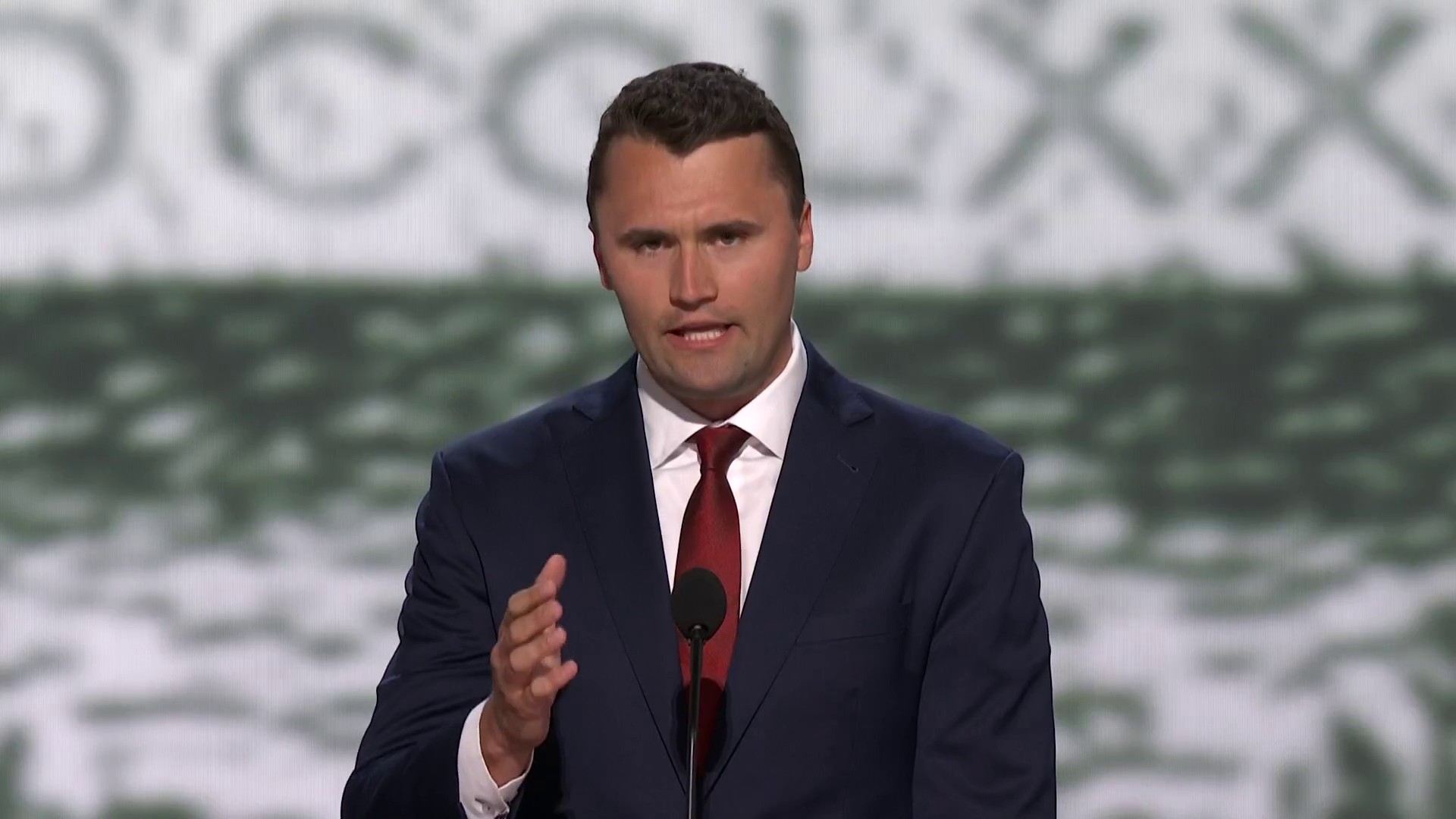
Dr. Mattie Wolf, 37, is a mother of two young children as well as a neonatologist and pediatrician at a hospital in Atlanta.
Given her line of work, Dr. Wolf is not exactly someone who needs advice on how to maintain a healthy pregnancy, yet she received plenty of it when she was pregnant. In fact, she was inundated with unsolicited tips from family members and even strangers on the street.
“I think it makes you question yourself as a mother, wondering if the decisions you’ve made for your baby or your child are really the right decisions,” Dr. Wolf said. “And that is coming from someone who has training in what the best evidence shows. It still makes you doubt yourself.”
This week, President Trump emphatically discouraged women from taking Tylenol during pregnancy, based on unproven claims that acetaminophen is linked to autism. While it was, perhaps, extraordinary for a president to urge pregnant women who are experiencing pain to “tough it out,” mothers and the providers who treat them say it is nothing new. Pregnant women have long been subject to unsolicited advice about the need to put the baby first and minimize interventions.
“What he was saying sounded very similar to what I think pregnant women hear all the time,” said Emily Oster, founder of ParentData and a professor of economics at Brown University, adding: “This idea of, ‘Only take it if you absolutely have to, if things have gotten so bad that there’s no other option,’ that sounds like what everyone hears about, say, S.S.R.Is.”
New mothers are “constantly being told that things that happen are their fault,” she said, “and they are just really stressed out.”
No medals for suffering
Nicole Camardo, a certified nurse-midwife with University of Illinois Hospital & Health Sciences System, agrees that “this narrative that pregnant people should ‘tough it out,’ whether it’s pain or fever or even during birth” is prevalent, particularly on social media.
“In my practice, I see patients really struggle with this,” said Dr. Camardo, who holds a doctorate in nursing practice. “They feel like they’re failing if they need to use Tylenol or an epidural or if they need an induction. The truth is that choosing relief or intervention when it’s medically appropriate is not weakness.”
In just the past week, she said she had seen patients coming in “feeling shame and having questions” about using Tylenol, which the American College of Obstetricians and Gynecologists has said is safe to take during pregnancy under the guidance of a doctor.
“You don’t get a medal for suffering,” she said.
Of course, offering pregnant women advice is an age-old pastime, said Dr. Oster, who joked that people have been doing it for billions of years.
“But most of the time it was just your mother-in-law, or maybe your neighbor, and you could just kind of move on,” she said. “It wasn’t in your face all the time.”
Now, with social media and a 24-7 news cycle, the advice “is so constant for people, that it is overwhelming of the nervous system in a way that is different than even 15 or 20 years ago.”
And this particular moment is unique because the president is weighing in on an issue on which the “medical establishment is saying, ‘Well actually, this is basically fine,’” Dr. Oster said.
Hannah Everett, a 27-year-old stay-at-home mother of two toddlers, tried to ignore the unsolicited advice during both of her pregnancies. “You should gain more weight for the baby,” people told her, while others asked, “Why did you gain so much weight?” Some said: “Do you plan on breastfeeding? Because you should.” Others told her, “Oh no, don’t pump.”
“At the end of the day, I honestly wouldn’t even call it ‘advice’ that people try to give you,” said Ms. Everett, who lives in Charleston, S.C. “They want to dictate your pregnancy.”
When she heard Mr. Trump’s advice about Tylenol during pregnancy, “I honestly laughed,” she said. She had a lot of pelvic and back pain in the final months of both of her pregnancies, and “Tylenol was the only thing that got me through and helped my sleep.”
Undermining mothers’ confidence
Dr. Linda Eckert, a professor of obstetrics and gynecology at the University of Washington, said she worried that the president’s announcement was “going to raise more fears” and add to the sense that it is appropriate for women to suffer for the sake of their babies. “Now they’re being told, ‘Oh if you ask for pain medicine, and you ask for Tylenol, then you’re just not tough enough.’”
The constant thrum of outside opinions — though perhaps well-intentioned — can have practical implications for the relationship between women and their doctors or midwives, Dr. Eckert said
“The hard thing as a medical provider is you never know how many people are in that room besides the person in front of you,” she said. “You’re speaking to all of the people who spoke to that person.”
Gabrielle Lind, a licensed clinical social worker in private practice in New York, who specializes in perinatal mental health, said clients often landed in her office feeling “worried or guilty about getting an epidural, or using S.S.R.I.s to treat anxiety or depression during pregnancy or while breastfeeding, or ashamed to consider stopping breastfeeding even if it is painful or unsustainable.”
She described it as a kind of relentless cultural messaging about what “good” moms do, or don’t do, that can undermine their trust in themselves. Much of the work she does with clients is helping them name the various pressures out loud, to take some of the shame out of what they might be hiding because of cultural stigma.
At a simple, practical level, she encourages them to be cautious about following social media influencers, and reminds them not to seek out advice unless they are facing a problem.
Dr. Eckert often asks patients something like: “Have you heard anything that makes you concerned about what I’m telling you?” This helps to acknowledge how difficult it is for women to make sense of all the advice they are given, she said.
But it can be hard for expectant women to silence the noise.
Keeya-Lee Ayre, 33, suffered with nausea, migraines and extreme body pain while pregnant with her son, who was born in 2019. Because she is a researcher with multiple postgraduate degrees, she said, most people in her life shied away from giving her unsolicited health advice.



